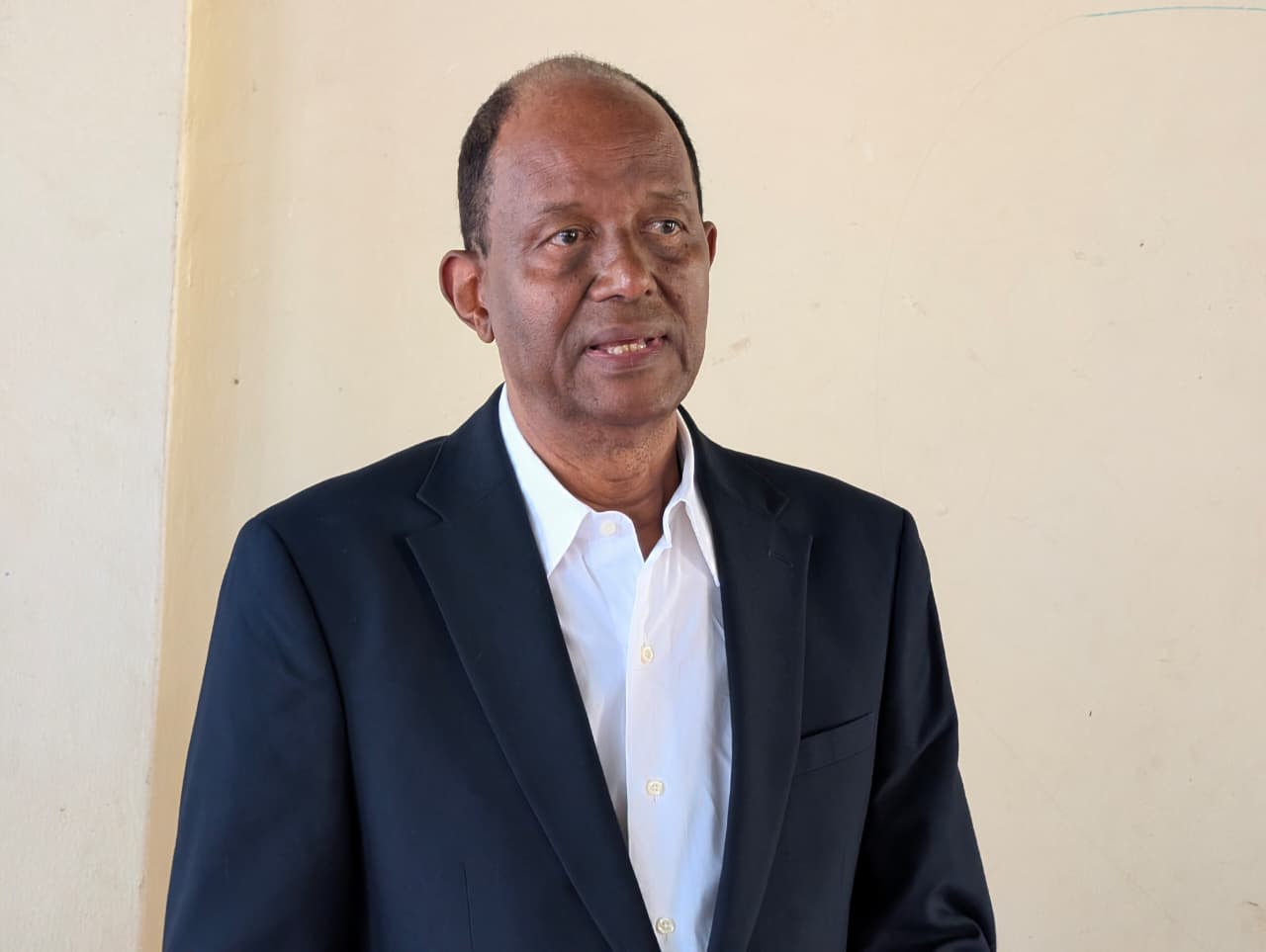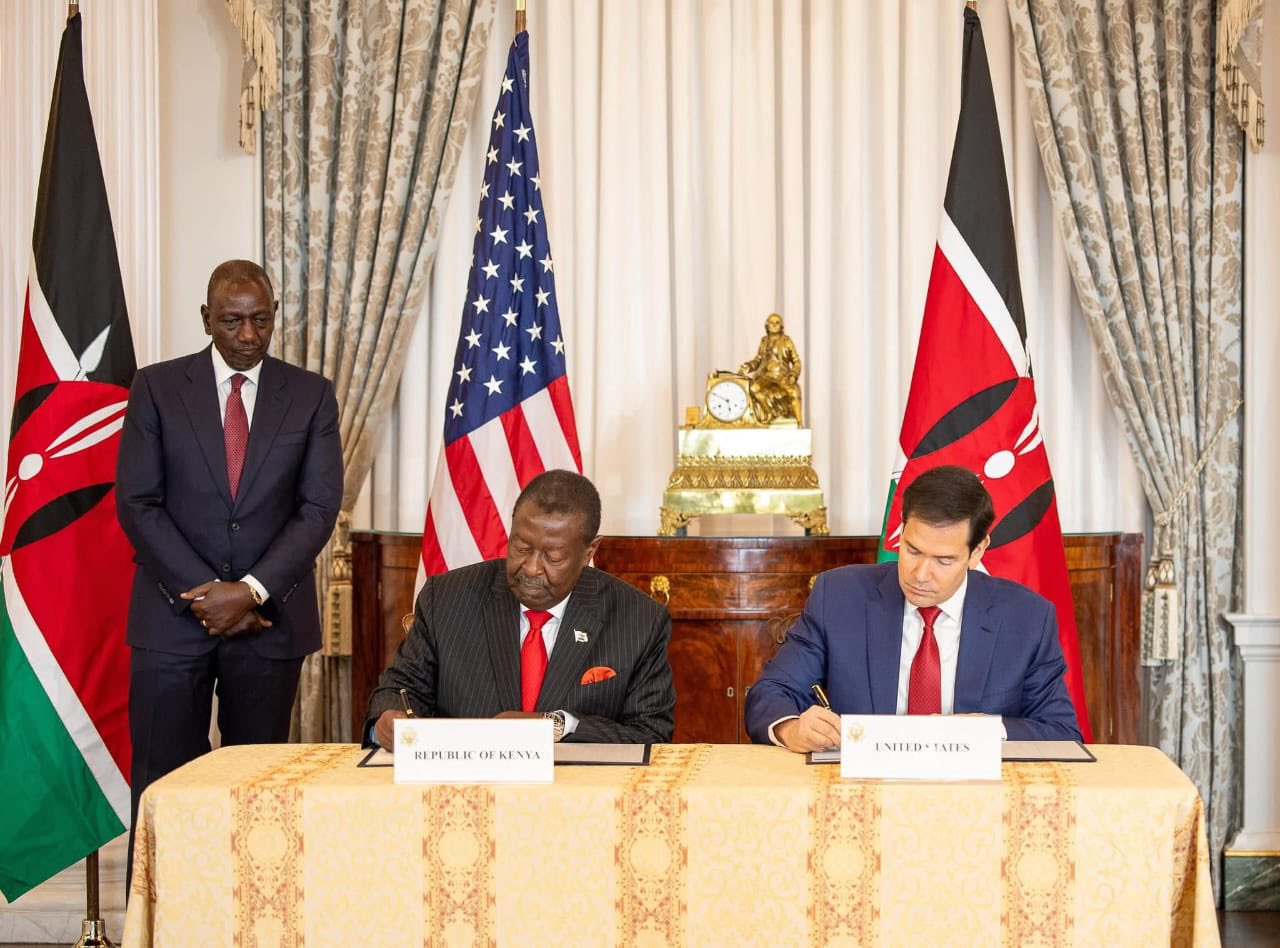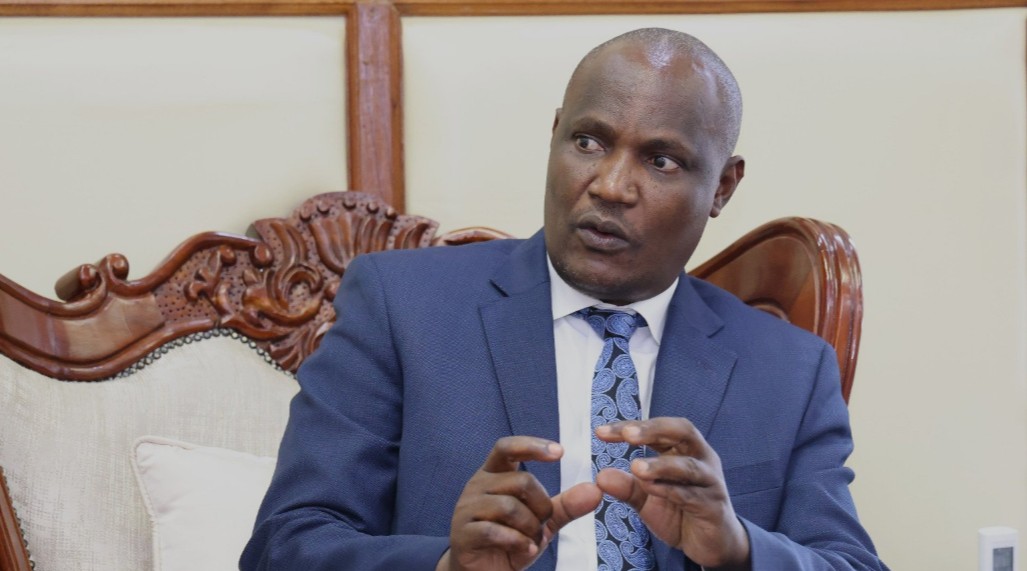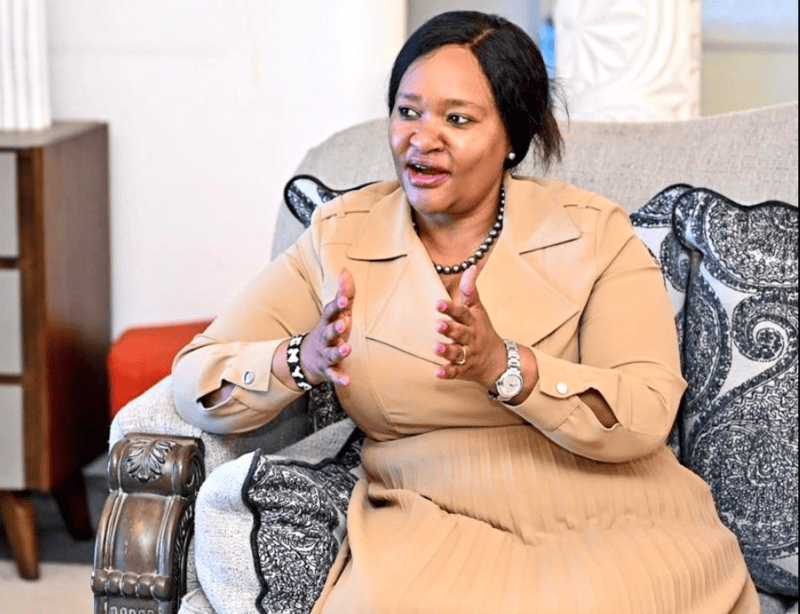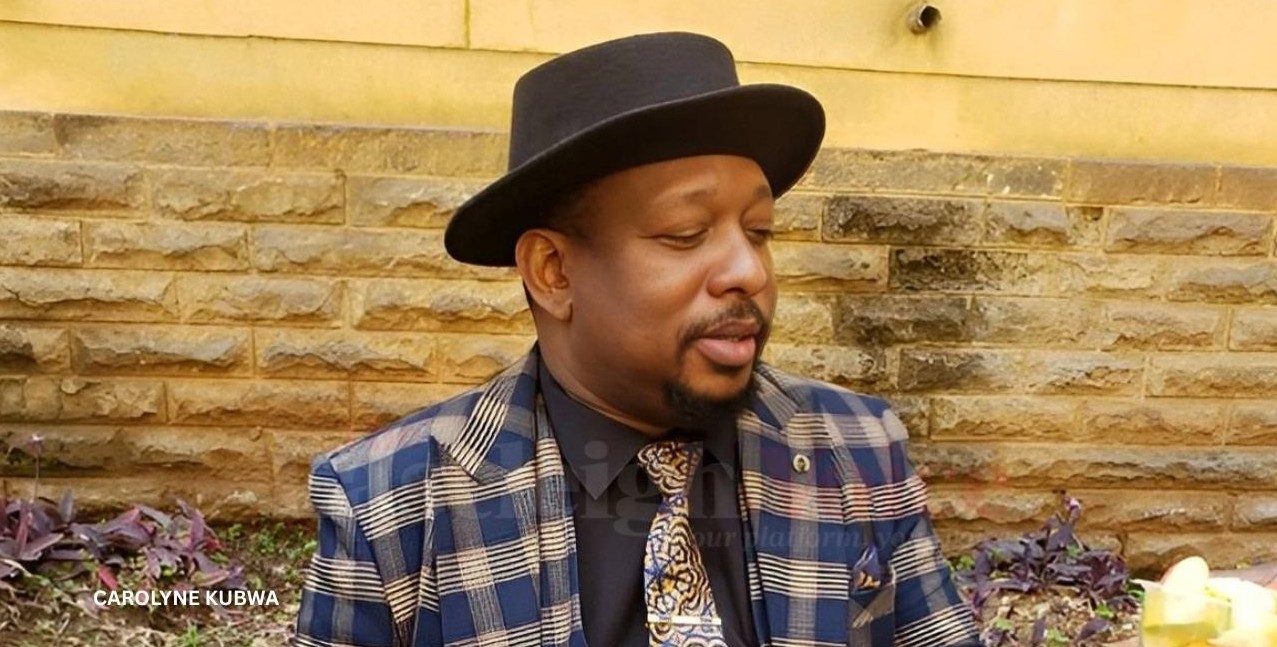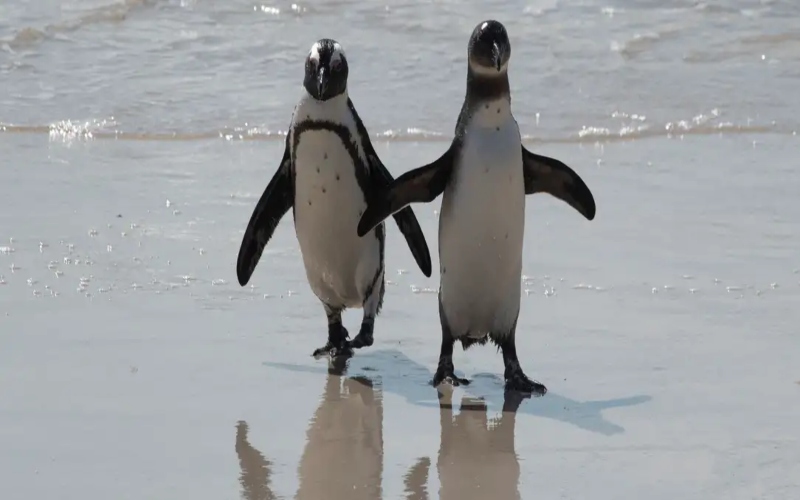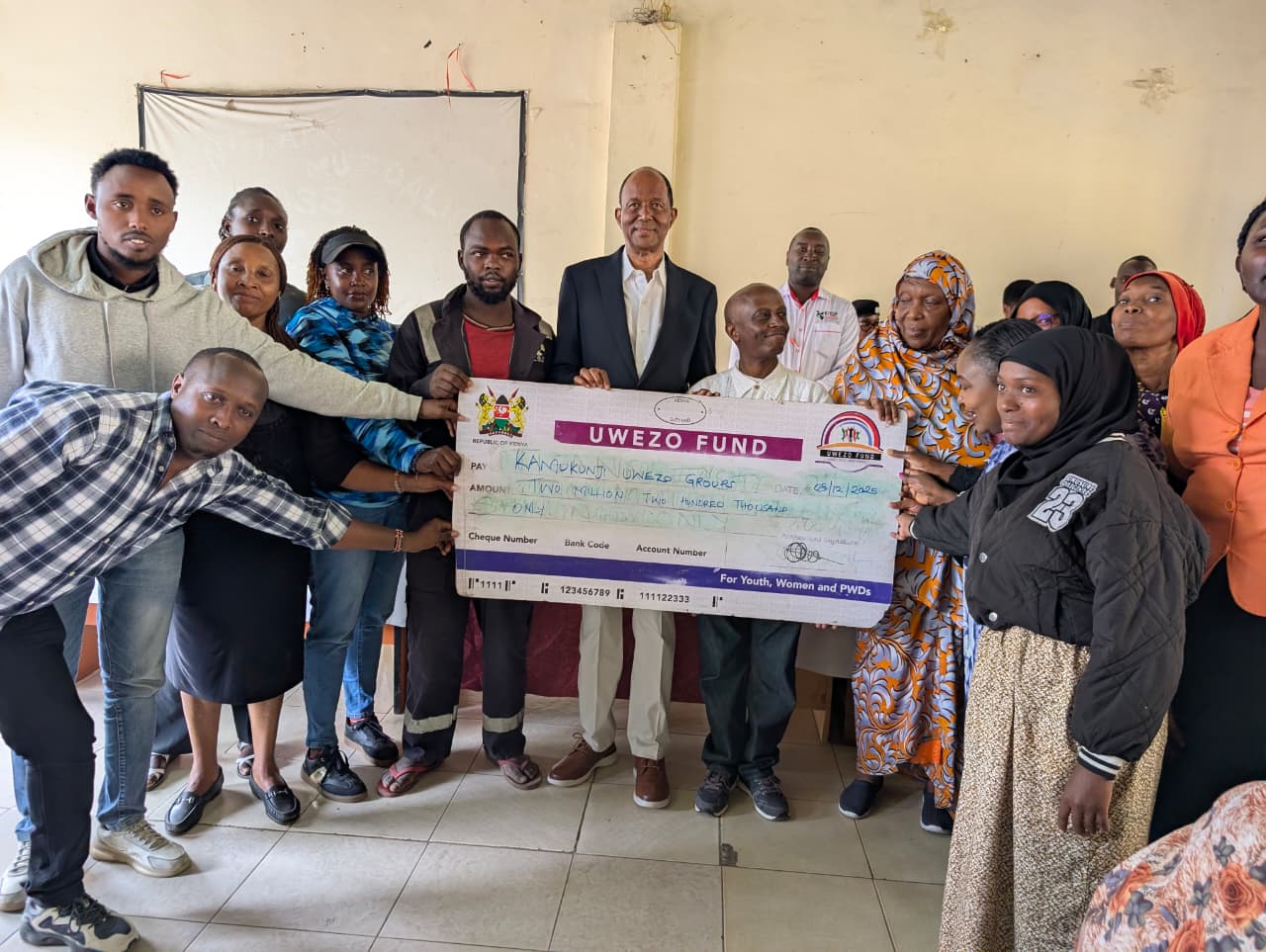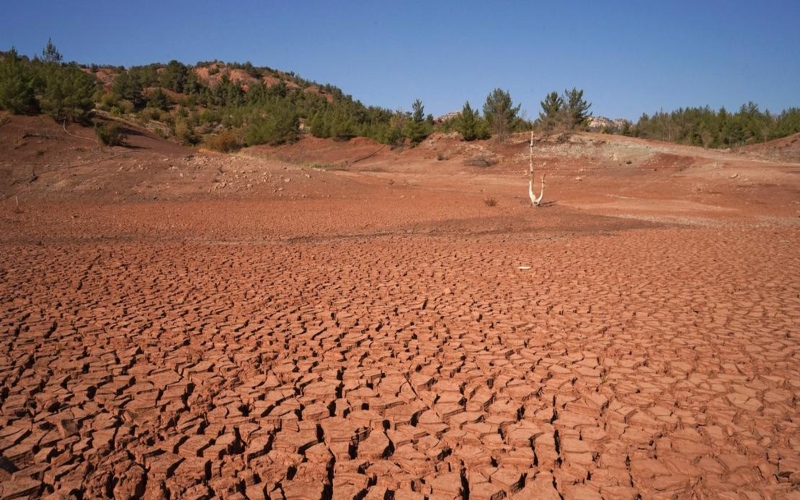Madagascar soldiers join mass protests against President Rajoelina’s rule

The soldiers, including members of the elite CAPSAT unit, were welcomed with cheers as they escorted demonstrators into May 13 Square, defying orders to disperse the crowd with force.
Groups of soldiers broke ranks and joined thousands of anti-government protesters in Madagascar’s capital on Saturday, as demonstrations against President Andry Rajoelina’s rule reached their largest scale since the movement began in late September.
The soldiers, including members of the elite CAPSAT unit, were welcomed with cheers as they escorted demonstrators into May 13 Square, defying orders to disperse the crowd with force.
More To Read
- Wave of coups in Africa: What President Paul Kagame thinks
- Madagascar steps down as SADC chair to focus on national recovery and reforms
- Madagascar revokes former President Andry Rajoelina’s citizenship
- Madagascar seeks Interpol red notice for ex-President Andry Rajoelina's ally linked to Boeing deal with Iran
- Madagascar’s Gen Z condemn military ruler’s appointment of new prime minister
- Madagascar’s new military leader Randrianirina appoints ex-banker Rajaonarivelo as Prime Minister
The youth-led movement, inspired by similar Gen Z protests in Kenya and Nepal, first erupted on September 25 over power and water shortages but quickly evolved into a broader antigovernment campaign demanding Rajoelina’s resignation.
Videos shared on social media showed troops at a Soanierana army barracks urging solidarity with demonstrators.
“Let us join forces, military, gendarmes and police and refuse to be paid to shoot our friends, our brothers and our sisters,” the soldiers said.
They urged colleagues at the airport to “prevent all aircraft from taking off” and instructed other troops to “refuse orders to shoot your friends.”
“Close the gates, and await our instructions. Do not obey orders from your superiors. Point your weapons at those who order you to fire on your comrades in arms because they will not take care of our families if we die,” they added.
Soldiers could be seen leaving the barracks to guide protesters into May 13 Square, a site long associated with political uprisings. It remained unclear how many troops heeded the call.
The newly appointed Minister of the Armed Forces, General Deramasinjaka Manantsoa Rakotoarivelo, appealed for calm, urging dialogue.
“We call on our brothers who disagree with us to prioritise dialogue. The Malagasy army remains a mediator and constitutes the nation’s last line of defence,” he said during a press conference.
Violence had flared last week, when security forces used tear gas, rubber bullets and armoured vehicles to disperse protesters, leaving several injured. Videos circulating online showed police beating demonstrators, including one man left unconscious.
The United Nations called on authorities on Friday to “desist from unnecessary force and to uphold the rights to free association and peaceful assembly,” reporting that at least 22 people have died and 100 have been injured in the unrest.
President Rajoelina disputed the toll, stating on Wednesday that “12 confirmed deaths and all of these individuals were looters and vandals.”
Initially responding to protests by dismissing his government, Rajoelina later appointed military officer Ruphin Fortunat Zafisambo as prime minister and named cabinet members drawn from the armed forces, police and public security.
The president also denounced the soldiers’ defection as an “attempt to seize power illegally and by force,” claiming it violated both the Constitution and democratic principles.
Madagascar, a nation of 30 million off Africa’s southeastern coast, has experienced frequent uprisings since its independence from France in 1960, including mass protests in 2009 that installed Rajoelina in his first term.
Analysts warn that the recent military defections could deepen divisions within the army and further destabilise the country, while international observers, including the African Union and United Nations, have called for calm and respect for constitutional order.
Top Stories Today

